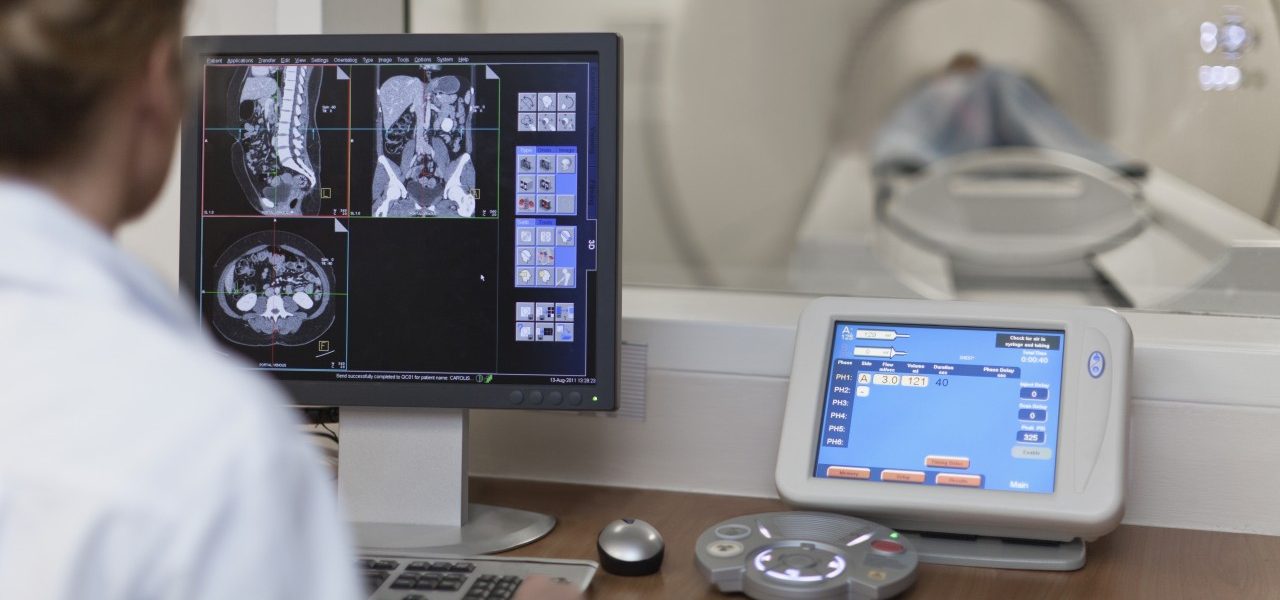MRI Scans May Help Show How to Fight Depression

Brain scans could help doctors decide how to fight depression better in individual patients, with an antidepressant or behavioral therapy.
Choosing how to fight depression isn’t obvious in any case. The main medical remedies now are antidepressants and talk therapy, but both can take months to work, typically require some trial and error, and ultimately don’t work for everyone.
Most Americans try antidepressants first, moving between them or combining them. In the end, too many get partial or no relief. Gene tests can help pinpoint the right medication, but the tests remain expensive and are generally not covered by insurance.
YOU MIGHT ALSO LIKE: Botox for Depression
Psychotherapy, on the other hand, is apparently no more or less effective than antidepressants, on average, according to a review of existing research led by Vanderbilt University’s Steven Hollon, PHD. Your best bet may be to see a therapist while taking medication. But that doesn’t happen often: Among Americans age 12 and older who are taking an antidepressant, fewer than a third have seen a mental health professional in the previous year, according to data from the Centers for Disease Control and Prevention (CDC).
One day, doctors may have a new tool to advise patients on how to fight depression: a brain scan. Research now suggests that certain patterns of brain activity provide clues to whether medication or therapy will work better, and even to which type of antidepressant or therapy.
In one small study, a team at Emory University in Atlanta recruited 122 patients with major depression who had not been treated, gave them MRI scans, and then randomly assigned them to escitalopram (Lexapro), duloxetine (Cymbalta), or a form of talk therapy, cognitive behavioral therapy (CBT).
After 12 weeks of treatment, the team reevaluated the patients’ symptoms. The results were roughly in line with what researchers see in bigger populations. On average, people on medication had about the same relief from symptoms as those who went through CBT, but there were big differences between individuals. And only 58 of the 122 patients were no longer depressed. The rest had some improvement or none at all.
The team then compared the treatment outcomes to the brain scans. It turned out that in patients whose brain scans showed coordinated activity between various parts of the brain, CBT was effective and medication was not. In patients who did not show the pattern of coordination, medication worked and CBT didn’t.
The findings may be an important step toward helping patients recover more quickly. However, we’ll need to see studies with big populations that include brain scans; to date, most have been small.
When making your own decisions about how to fight depression, in yourself or someone you’re caring for, personality differences count. But people may need to go against the grain. A woman who already frequently talks about her emotions may need antidepressants rather than talk therapy alone. A person who doesn’t talk may need to.
Along the way, it’s important to find the right drug (after discussing your depression with your doctor) or the right therapist, or perhaps a combination. Especially when you’re depressed and have little energy, it can be easier to stick with what you have, even though the help is slight. Push yourself to find treatment that you feel confident is helping you. Ask people around you if they sense any changes. If you’re overseeing care for a child or elder, look for clear measures of improvement.
Everyday mood-lifters can go a long way, so don’t neglect them. As you feel better, nudge yourself to exercise, especially in nature; eat a healthful diet including a variety of fruits and vegetables; and make time for people and activities you enjoy.
In the end, you may need a life change — to change a marriage or leave it, or find a better job. It takes clarity, hope, and energy to make those changes. Relief from depression will make it much easier to take action, and as you take small steps, bigger ones should become easier, too.
YOU MIGHT ALSO LIKE: 50 percent of Mentally Ill Adults Are Untreated
Updated:
April 03, 2020
Reviewed By:
Christopher Nystuen, MD, MBA